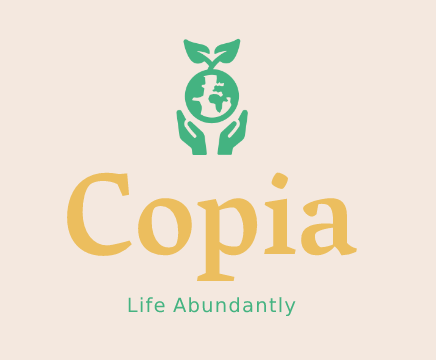Imagine an education system truly based on all that we have learned about what is best for children. Imagine early childhood education that is scaled down in size so that children have no feeling of being small and inferior. All natural functions, such as eating, eliminating, playing, sleeping, and so forth, can be done in any way that the child chooses. Living areas are engineered in such a way that children can not hurt each other prior to the time that they develop their feeling of empathy for all living things.
Food is eaten when desired. There is no pattern of breakfast, lunch, and dinner, such as was common in previous centuries. This three-times-a-day eating habit was probably designed for the convenience of cooks more than the needs of individuals. Scientific research has shown that the human body operates best when it snacks on nutritious foods at frequent intervals.
The bathing environment is specific to each age group too and for eighteen month-olds for example might involve a six-inch pool of warm swirling water with random shower sprays like the Bellagio fountains that give a nice feeling on the skin. A screen on the bottom of the pool automatically comes up if the child’s head goes underwater. A rocking towel couch is available for drying off and will roll the child over and over until dry. Sometimes children lie in these rocking towel couches just for fun.
Toilet training is also simplified to make it pleasant for the child and free of menial activity for adults. Care is taken to make sure no fuss or guilt arises over toilet training. We want to avoid destroying their feeling of worth during their defenseless childhood to promote confident and secure adults.
It has been found that a series of successive environments is needed to help children develop. Starting at just a few years old the child decides for themself when to go to the next environment. It is not considered "bright" for a child to push themself to an advanced environment as long as they are comfortable and interested in the current environment. Socializing is separated from learning so that no child need miss out on spending time with their age group just because they are moving through the educational process at a different rate.
The advanced environments for the older children have equipment and facilities that would have been unavailable even at university levels in the previous century. Teaching machines have been designed to bolster the abilities of human educators. Virtual environments with AI inhabitants are available for myriad different interest tracks. All activity is self-motivated. There are no classes, no teachers, and no tests.
These children are never subjected to criticism, for it has been found that criticism represses and reduces their potential. They are surrounded by constructive examples in place of criticism. Their egos do not need the amount of praise that was so effective in teaching in the past. Each is free to meet life on their own terms and to learn to express their emerging uniqueness. There are few adults in the educational environments of the children. The adults who are there have chosen to spend time with children for one reason only—they enjoy it. They never act as disciplinarians since the environments are specifically designed so that no child can hurt themself or others. A relaxed companionship of a quality that never existed before between parents and children develops between these adults and the children.
*some of this is taken from/inspired by Jacques Fresco and Kenneth Keyes, Jr.’s ‘Looking Forward’. The ideas here are just examples meant to inspire and show one possible alternative perspective on education. Ideally, we would try out many different styles of education to see what works best for different people.
